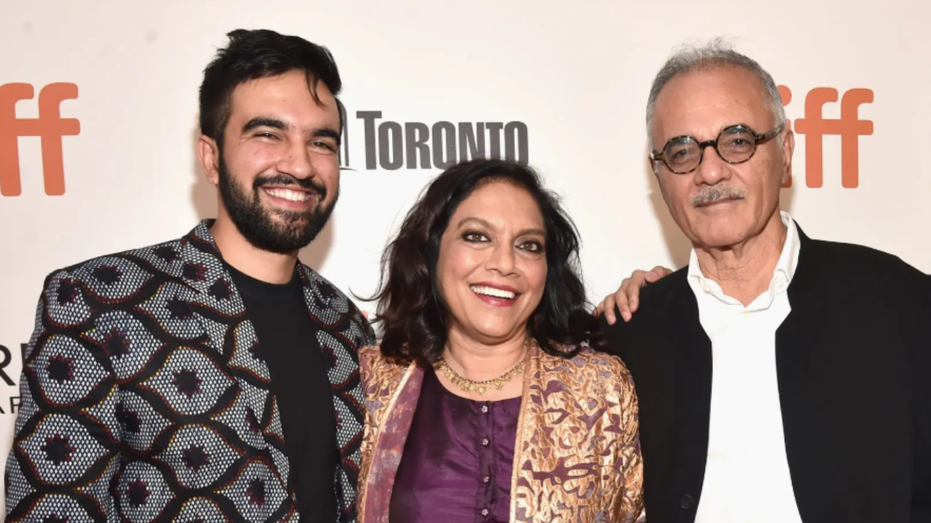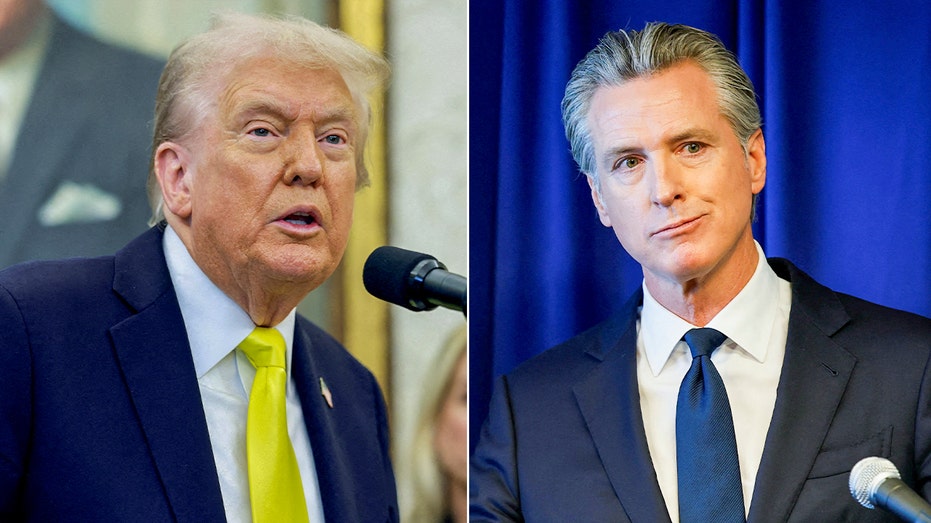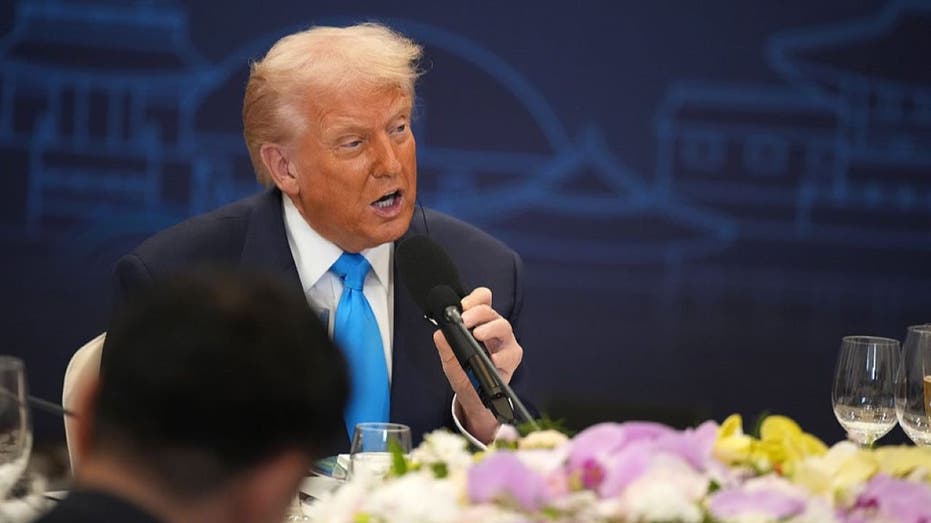The rain in Scranton felt like a memory, a familiar chill clinging to the air as Barack Obama stepped onto the stage. It wasn’t a triumphant return, not exactly. It was something quieter, a reckoning with the hopes and anxieties that still pulsed through the heart of Pennsylvania, and, by extension, the nation. The crowd wasn’t roaring; it was *listening*, a palpable tension woven into the expectant silence.

He spoke not of past glories, but of present struggles. The faces before him weren’t seeking nostalgia; they were searching for a path forward. Obama acknowledged the disillusionment, the feeling that the promise of change had stalled, that the American dream felt increasingly out of reach for too many. He didn’t offer easy answers, but a bracing dose of reality.
The core of his message wasn’t about policy, though policy was discussed. It was about citizenship, about the responsibility each individual held to participate in the messy, imperfect process of democracy. He recounted stories of ordinary people – a single mother working two jobs, a veteran struggling with PTSD, a young teacher burdened by student debt – their lives a stark illustration of the challenges facing the country.
He emphasized the fragility of democratic institutions, a warning delivered with quiet urgency. The erosion of trust, the spread of misinformation, the increasing polarization – these weren’t abstract threats, he argued, but active forces undermining the foundations of American society. He spoke of the need to defend truth, to engage in respectful dialogue, and to resist the forces that seek to divide.
There was a particular focus on local elections, a call to action often overlooked in the national spotlight. Obama stressed that real change begins not in Washington, but in city halls and school boards, with the people who directly impact communities. He urged attendees to become involved, to run for office, to hold their elected officials accountable.
He revisited the themes of his earlier campaigns – hope, unity, and the belief in a more perfect union – but they were tempered with a hard-won wisdom. The optimism hadn’t vanished, but it was now grounded in a clear-eyed understanding of the obstacles ahead. It was a call not to blind faith, but to determined action.
Leaving the stage, Obama didn’t wave grandly or offer a sweeping pronouncement. He simply nodded, a gesture of acknowledgement and respect. The rain had stopped, and a sliver of sunlight broke through the clouds, illuminating the faces of those who remained, contemplating the weight of his words and the path that lay before them.





